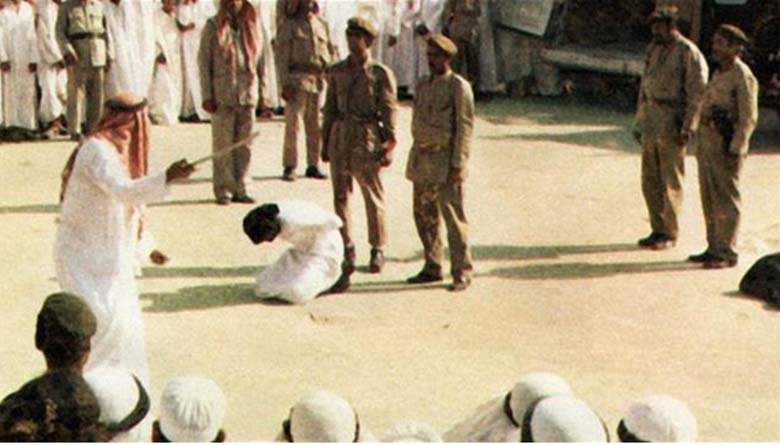On 1 June the Specialized Criminal Court (SCC) of Saudi Arabia handed down 14 death sentences, reportedly the largest mass death sentence in the kingdom’s history. The court also issued nine prison sentences and one acquittal in the trial. All charges were in relation to an alleged attack on police forces in the predominantly Shia Eastern Province. The ruling comes at a time when the kingdom’s capital punishment rate is already on track to exceed last year’s 158 executions and perhaps even the 1995 record of 192 executions.
In an interview with the European Saudi Organization for Human Rights (ESOHR) Saudi lawyer and human rights defender Taha al-Haji says of SCC death sentences, “The specialized criminal court rulings cannot be trusted because they don’t follow the principles and procedures of just trials.” Al-Haji’s comments speak to the widespread use of torture and lack of due process within the Saudi judicial system. Saudi authorities continue to use torture as a means of eliciting confessions, despite having acceded to the Convention against Torture and Other Cruel, Inhuman or Degrading Treatment or Punishment (CAT). Methods of torture and ill treatment include physical abuse, denial of medical attention, and exposure to extreme temperatures.
Equally troubling is the failure of Saudi authorities to enforce due process laws in court proceedings. Criminal trials continue to be closed to the public, making it impossible to confirm if defendants are fairly represented. The SCC is known to conduct trials without notifying the legal defense or the defendant’s family. During SCC trials, the authorities have blocked the defense from cross-examining the prosecution’s witnesses. Often times the accused are denied access to attorneys, and defense lawyers are discouraged or even punished for taking up politically sensitive cases. The lack of an independent judiciary in Saudi Arabia also challenges the impartiality of any SCC verdict. As al-Haji notes, “The Saudi public prosecutor…is actually overseen by the ministry of interior…and that undermines the ability to ensure just trials since their inception.”
The government began the year with a mass execution of 47 people on 2 January, including prominent activist and Shia cleric Sheikh Nimr al-Nimr. Subsequent executions have brought the total to at least 95. Four of those already executed were convicted of alleged crimes they had committed before the age of 18. Other activists, like Sheikh al-Nimr, have received harsh sentences after convictions on terror charges, as Saudi authorities regularly interpret peaceful dissent as a terrorist act based on the kingdom’s broad and loosely applied anti-terror legislation.
The 14 men sentenced to death on 1 June now stand at risk of imminent execution. The widespread use of torture within the Saudi criminal justice system, coupled with routine due process violations, undermines the legitimacy of the SCC’s rulings. The Saudi government must curb its skyrocketing capital punishment rates and meet its commitments under the CAT to bring its judiciary in line with international standards.





